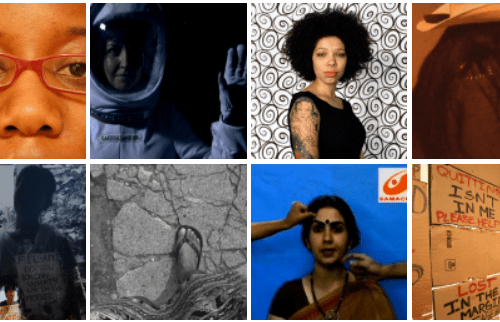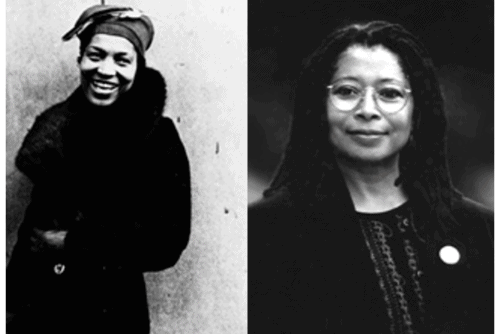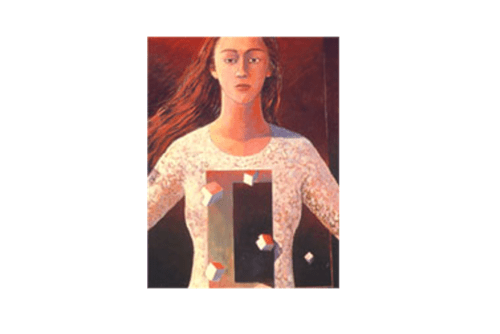I take a graduate course in feminist theory. Our professor, educated at one of the world’s most prestigious universities, is intimidatingly brilliant in the seminar she runs like a Socratic inquisition one evening a week. I admire her; I like her; I want to be her—but as the semester winds on, my eagerness dissipates because I don’t understand Toril Moi or Luce Irigaray or any of the feminists (after Virginia Woolf) whose work we’re reading.
I’m a first-generation college student, here by fluke on fellowship, and the theorists’ English seems foreign to me, filled with jargon and abstractions at which I can only guess. They say nothing about wife-beating or rape or unequal wages or child molesting, which is the charge that finally got my stepfather sent to prison. They say nothing about being a single mother on $10,000 a year, which is my own situation. The feminist writers respond to male theorists—Lacan, Derrida—whose work I haven’t read. I can’t parse their sentences or recognize their allusions, and I don’t know what they mean or how they’re helpful to the strippers and dropouts and waitresses I know, the women I care about the most, to my Aunt Lettie who worked the register at Publix and my Aunt Linda who cleaned houses.
It’s true that the complexity and jargon are alluring, like another country, safe and leisured, with a strange, beautiful language that means only abstract things, where a dozen bright young women and their interlocutor can spend three hours conversing around a big table in a comfortable, air-conditioned room that looks like a corporate boardroom in a movie. But I climb the stairs each week in grim frustration.
bell hooks’s piece “Out of the Academy and Into the Streets” appears in Ms., and I’m relieved that someone has expressed the inchoate things rumbling inside me. 1 I make photocopies and take it to my professor, asking if we could please read and discuss it in class. She takes the copies and says she’ll see.
One evening, our discussion has strayed to Stephen Greenblatt, who, I’ll learn later, is the paradigm-shifting Renaissance scholar who initiated New Historicism, a scholarly approach to literary texts. At the time, I know none of this; he’s just another male name. I have no context, but the professor and some of the older students seem to have read his work, perhaps in other classes. The professor is intense, lively. She presses her fist to the seminar table. “How do we, as feminist theorists, respond to Stephen Greenblatt?”
“What if we don’t respond?” I say in frustration. “What if we just keep working on issues that are focused on actual women, issues we actually care about?”
Her eyes are wide. “You can’t just ignore Stephen Greenblatt,” she says. The oldest graduate student, the smart one I admire, shakes her head and smiles faintly.
I disengage. At the end of the term, I write my paper on Woolf’s A Room of One’s Own, the only book that was clear to me.
We never do discuss the piece by bell hooks.
- bell hooks, “Out of the Academy and Into the Streets,” Ms. Magazine 3.1 (1992): 80-82.[↑]



